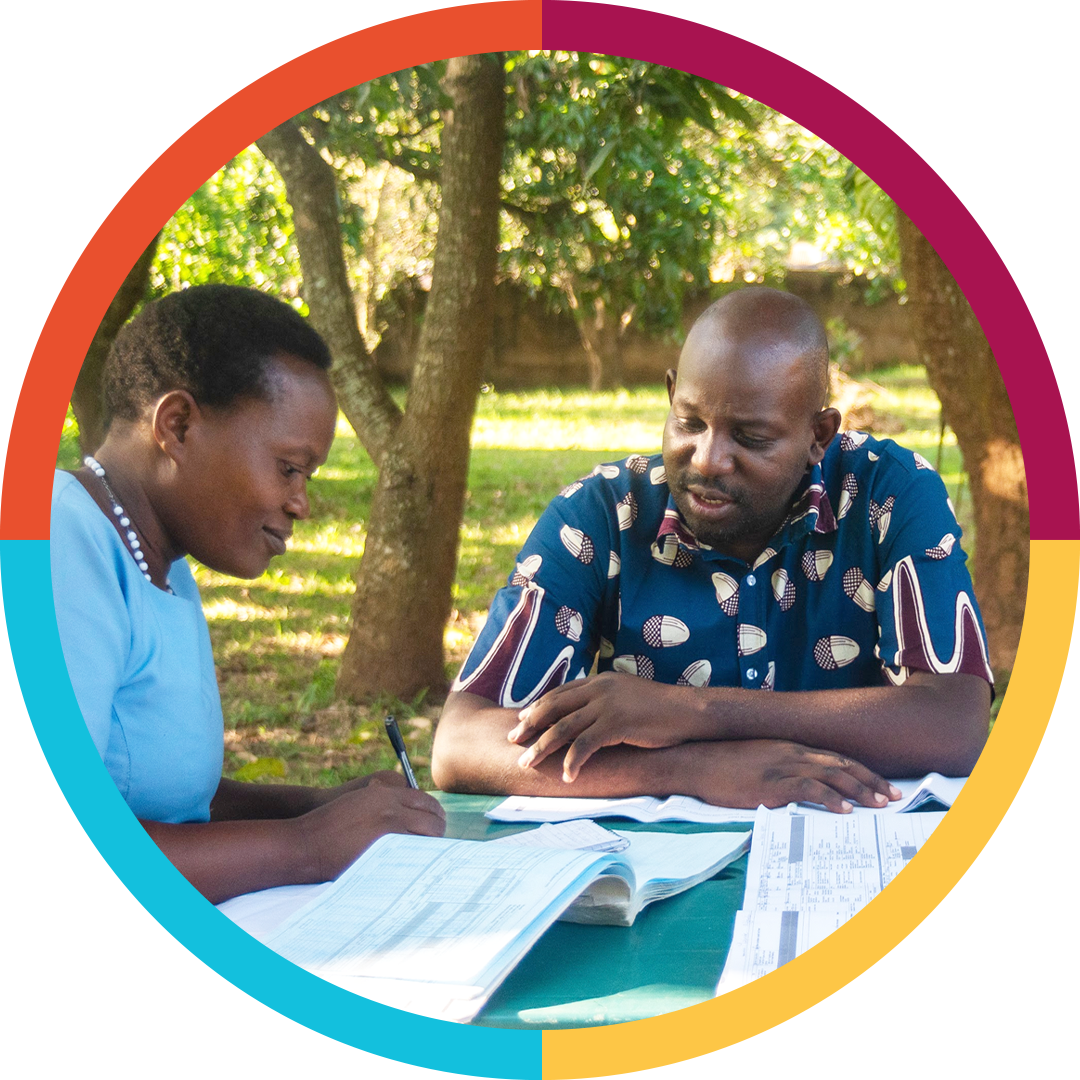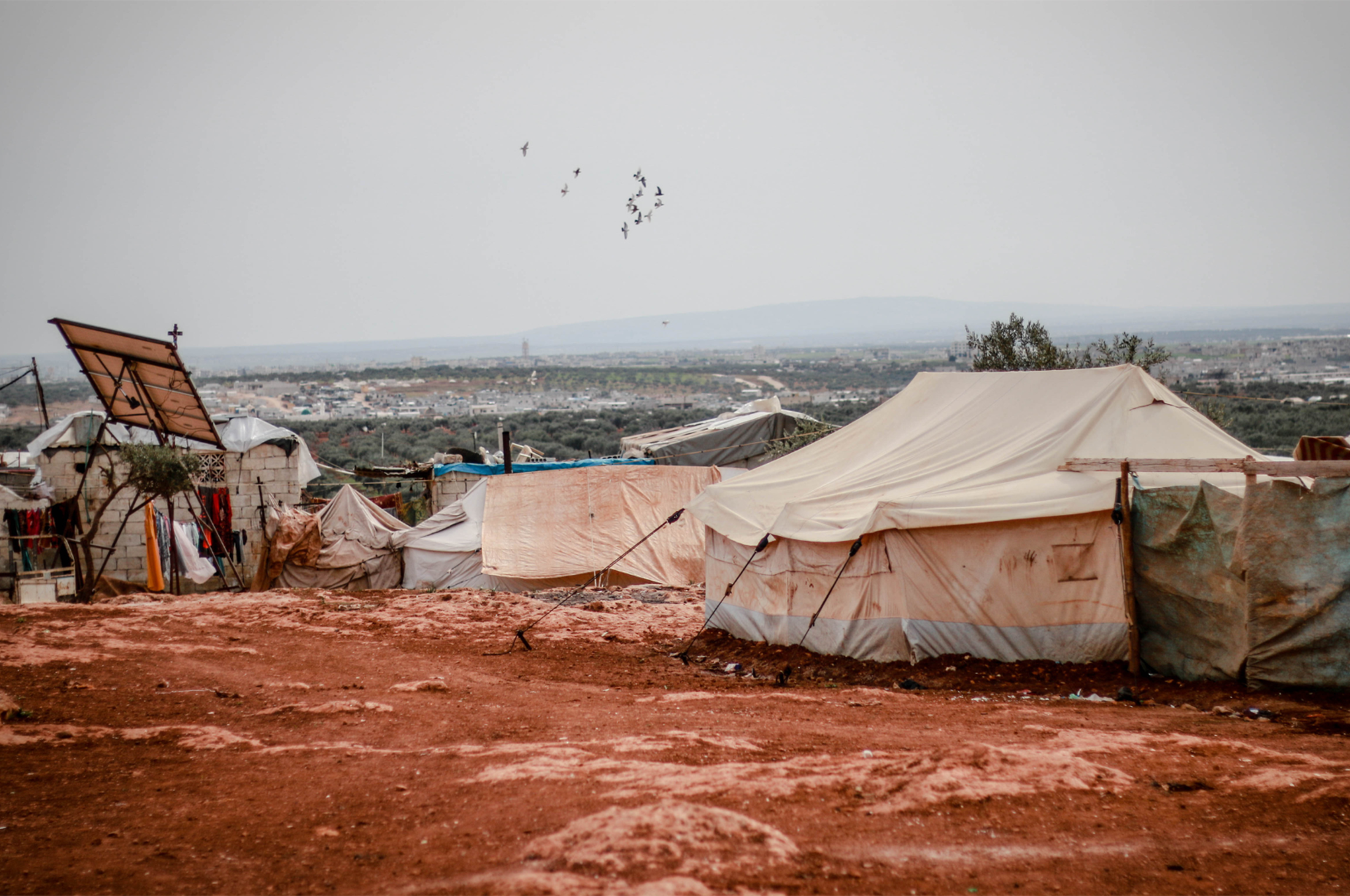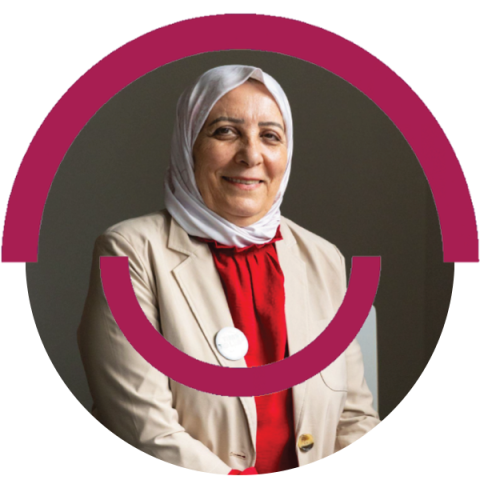Cancer care in humanitarian settings faces immense challenges, especially in the Eastern Mediterranean Region (EMR), where conflict, fragile governance, and weak health systems prevail. This region experiences a rising cancer burden, with many patients diagnosed at advanced stages due to disrupted services and limited access to care.
Challenges in humanitarian settings
Conflicts directly impact cancer care by causing trauma, displacement, and destruction of health infrastructure. Indirectly, they lead to the exodus of medical staff, shortages of diagnostic materials and medicines, and insufficient funding. These factors result in delayed or interrupted cancer screening, diagnosis, and treatment, often forcing patients to bear high out-of-pocket costs or seek care abroad. Comprehensive cancer care—which requires surgery, chemotherapy, radiation, and targeted therapies—is difficult to maintain amid such instability. Humanitarian crises magnify risks for people living with cancer and other non-communicable diseases (NCDs), worsening health outcomes1.
The EMR context
In the EMR, the predominance of private healthcare providers combined with weak public health governance creates inequities in cancer care access. Palliative care remains underdeveloped and largely inaccessible. National cancer control plans are scarce or poorly integrated, and health systems struggle with governance and capacity challenges. Limited overseas development aid further strains these fragile systems, restricting the availability of essential cancer services and disrupting continuity of care.
The role of civil society organisations (CSOs)
CSOs are crucial in filling gaps left by fragile health systems. They advocate for cancer care inclusion in political agendas, raise awareness, build capacity, and provide direct patient support, especially for vulnerable groups such as refugees and displaced populations. By mobilising communities and engaging policymakers through education campaigns and policy dialogues, CSOs help translate complex scientific information into accessible messages. Regional examples include the Qatar Cancer Society’s awareness efforts and Morocco’s CSO-led advocacy for HPV vaccination. Coalitions in Egypt, Jordan, Lebanon, and Pakistan have successfully influenced tobacco control policies, demonstrating the power of coordinated civil society action.
CSOs also play a vital role in delivering medical, financial, and social support to cancer patients and their families. For example, the Friends of Cancer Patients (FOCP) in the UAE, the Oman Cancer Society, and the Children’s Cancer Center of Lebanon (CCCL) provide essential services such as financial assistance, patient navigation, and psychosocial care, helping to bridge gaps in cancer care and ease the burden on patients and their families.
Call to Action
Recent cuts in global health aid have worsened resource shortages in conflict-affected EMR countries, limiting cancer screening, treatment availability, and palliative care expansion. Restricted humanitarian access due to ongoing conflicts further impedes the delivery of lifesaving cancer care, threatening progress toward equitable health outcomes and increasing mortality rates.
Few integrated, context-specific cancer care models exist in EMR humanitarian settings. The dominance of private sector providers leads to fragmented care and inequities. There is an urgent need for coordinated models that incorporate prevention, diagnosis, treatment, and palliative care. Promising strategies include online coordination platforms and blended financing mechanisms to optimise resource use and improve access.
To address these challenges, it is essential to:
- Strengthen partnerships between governments, CSOs, and international agencies to build resilient cancer care systems in humanitarian settings.
- Increase investments in public sector cancer care infrastructure and workforce capacity building.
- Support CSOs through funding, training, and legal protections to enhance their advocacy and service delivery roles.
- Prioritise cancer care in humanitarian response plans and global health agendas to reduce inequities and save lives.
Enforcing humanitarian law, protecting vulnerable populations, and supporting healthcare workers are critical steps to safeguarding cancer care in conflict zones. Civil society organisations play a pivotal role in advocacy, awareness, and service delivery but require greater support. Coordinated multi-agency action and increased investment are vital to ensure equitable, accessible cancer care for vulnerable populations, upholding global health and human rights principles. The upcoming High-Level Meeting on NCDs on 25 September 2025 offers an opportunity to advance commitments to protect all people living with cancer, including those in humanitarian settings.





